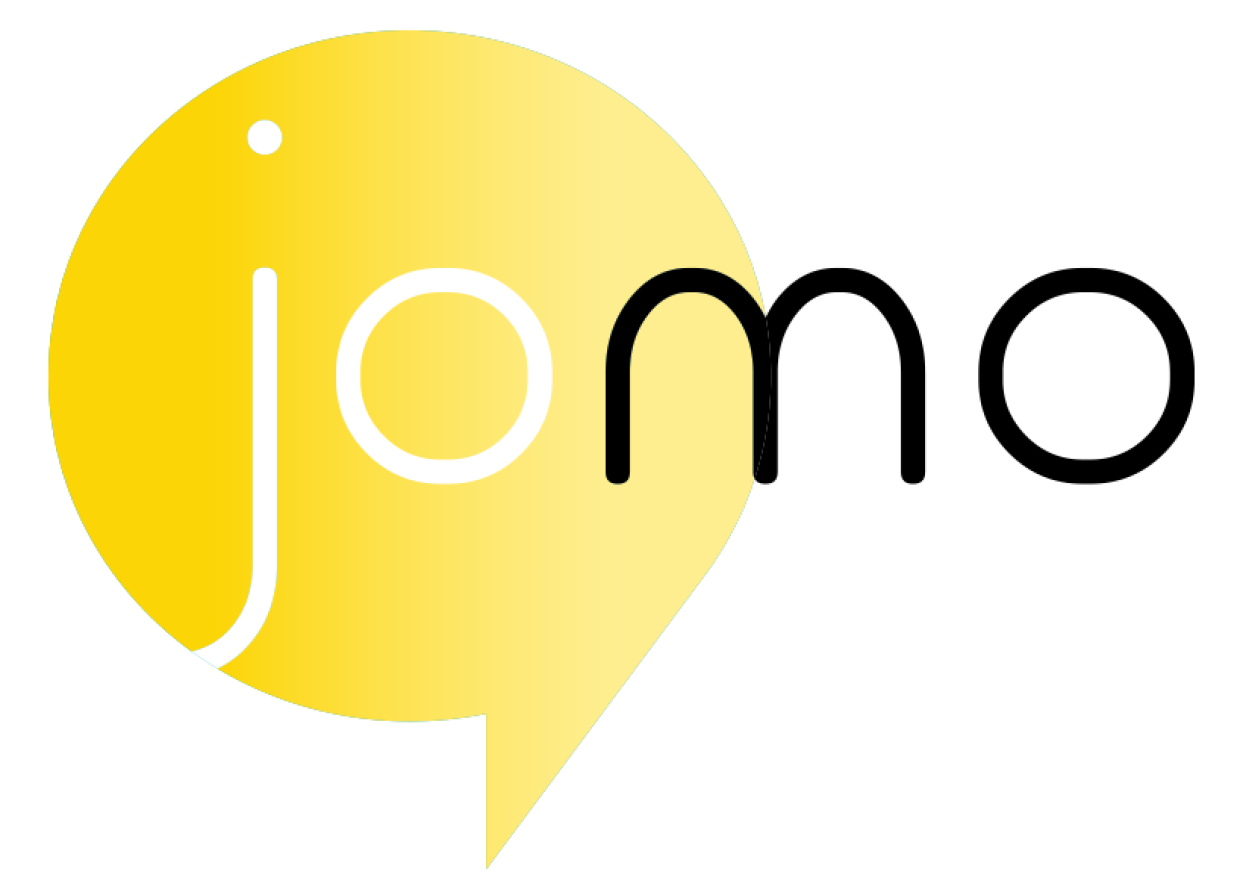Let’s face it, no-one has a crystal ball when it comes to seeing how a new hire will work out. People are hugely complex things, after all.
Luckily, as recruitment professionals, we have tools at our disposal to help us unlock (or at least get one step closer to) what drives a candidate and whether or not it aligns with our businesses.
Values-based interviewing is just one of these tools.
It can help uncover how a potential applicant would treat a really irate customer…
…and whether they’d take one more call if they are due to finish by 6pm.
It can also tell you if they’d pitch in if Simon’s really behind and needs a hand…
…and if they’re likely to join in the team games you’ve planned in a bid to increase engagement.
Another way to look at it is, it allows you to work out what’s important to them and what they would do in a situation if you weren’t there to advise.
There are so many benefits to using values-based questions as part of your interview process. Not least because of the positive impact this can have on staff morale, engagement and productivity.
This type of interview questioning is common in organisations with a focus on care, but also increasingly service businesses, such as contact centre recruitment, when there’s a strong customer support / people element.
It’s actually one of the things we pride ourselves on at Jomo People is candidate fit. We just get how to talk with potential applicants to see if they’re likely to be a great fit for our clients, especially from a values perspective. Which means we can vouch that values-based interviewing works! Don’t take our word for it, read why it’s changing the talent game.
How to include values-based interviews for your recruitment process:
Here’s how to approach it.
Identify your values
Determine what they look like in the office (using a combination of behaviour and situational)
Depending on the function this role sits within, discuss whether additional values needed
Draw up your questions, in-line with competency questions
1. Identify your values
Firstly, you need to agree on what your values are. This will largely be driven by the company’s values, but from a talent acquisition perspective, you’ll need to understand how these values can be used to achieve both cultural fit and attract strategic hires.
Any strong employer brand will display these values proudly. From inclusion on their career sites and job adverts, to how the recruitment process itself is dealt with. But saying your values is one thing, how do you demonstrate them in the real world?
2. What do these values look like in the office?
To ensure your candidates fit in well you need to be clear on what success looks like. That means providing examples of what your values may look like in the work environment.
Let’s say you have a contact centre known for its customer service excellence.
You know that agents are expected (and want) to go above and beyond, be empathetic towards difficult customers, and deliver a service that reflects genuine care. These are examples of how values look. For instance, the above examples could be values based around empathy, customer focus, delighting customers… however you want to describe it.
These examples also work the other way around, they are useful in highlighting what success is NOT.
For example, any one who doesn’t care for customers and wants to just end a call to finish work on time – may show you they don’t possess similar values. Think about how your values are displayed in the workplace to influence the questioning you go on to carry out in your values-based recruitment processes.
3. Depending on the function you are hiring for, do you need to add/take away certain values?
We know it’s hard to find great candidates, so if a value isn’t needed for a particular function you may wish to drop the requirement.
Try listing out a primary and secondary list of values to understand which you are willing to sacrifice if it still means that the business and team can keep moving.
4. Draw up your questions, in-line with competency questions
Your values-based interview questions should follow this structure:
Value – Leading Question – Follow up Question – Key Criteria
Here’s the breakdown of what this looks like:
Value: the company / employer brand value you have and will be interviewing candidates for
Leading question: an open question that helps set the scene and allows the candidate to provide an example
Follow up question: use to clear up an ambiguity or reframe answer if required
Key criteria: In other words, does the answer align with how you expect this value to look like in the workplace?
Here’s an example of what this looks like when you apply it:
Value – ‘responsibility’
Leading question: “tell me about a time when you had to keep a calm head when dealing with a customer”
Follow up question: “what happened, what action did you take? What did you learn from it?”
Criteria: ability to own the issue, escalate if unable to resolve, learn from it and apply next time.
See, it’s relatively straightforward. Ready to apply it to your process?
20 examples of leading questions to get your values-based interviews started.
Integrity
- How would you deal with [insert ethical dilemma]?
- Tell me about a time when you felt you needed to address a difficult situation with your supervisor when others wouldn’t
Purpose
- Tell me about something that you’re really passionate about that impacts a community
- Tell me about a time when you supported and lifted another person
Collaboration
- Tell me about a time your team failed to meet a deadline, what would you do differently next time?
- How would you work with someone you really didn’t get on with?
- You’re likely to miss a deadline, how do you communicate this to your team?
Accountability
- Tell me about a successful project and what part you played in it
- Tell me about a time someone criticised your work, how did you act?
- You are asked to complete a task that doesn’t
Customer focus
- A call comes in five minutes before your shift is due to finish, but you know the team is swamped. What do you do?
- How would you deal with a customer with learning difficulties who needed assistance outside of your abilities?
Quality
- How do you manage your work schedule to meet quality needs?
- Give me an example of a situation where you needed to pay extra attention to details during a call.
Respecting others
- Your colleague has shared with you they are struggling with their mental health, how do you act?
- Your teammate is struggling to understand the new call script, how do you support them?
Working with others
- Tell us about the best manager you’ve worked with, what made them so great?
- Tell us about a manager you didn’t get along with, what did you do to manage the relationship?
Commitment to learning
- Tell us about a time you went an extra mile to learn a new skill
- What would you do if your line manager asked you to write a report, and you didn’t know how to
Once you really nail the questions needed to elicit the right responses, it values-based interviews can help reduce your time to hire and of course, retention rates.
In fact, it’s a tried and tested approach we use here. As specialists in contact centre recruitment, we use values-based interviewing – it’s what helps us to send over quality candidates – quickly!


